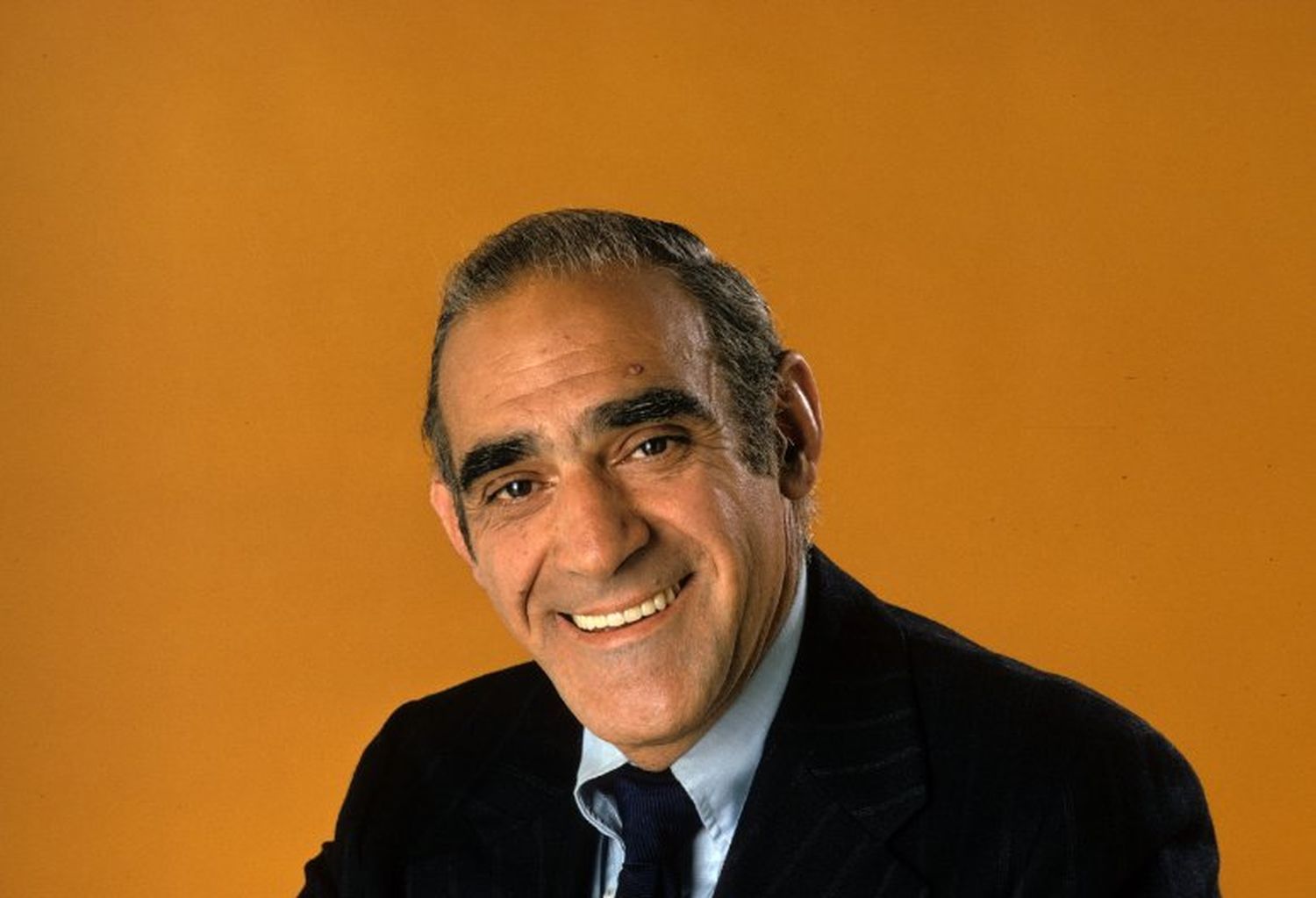The emergence of social media has destroyed all the small communities to standardize communication and information.
It’s a bit of a digital version of rural exodus. And since 2017/2018, I’ve noticed that everything that, in my opinion, represented the internet has disappeared.
I’ve known Lemmy for a few hours and I feel like I’m back in the early spirit of the internet.
The small communities are still there, you just don’t visit them because you are on social media (like lemmy). Forums are still there. IRC is still there. Hell, even BBS and Usenet is still there if you really want to go that way.
The Internet started going downhill around 2010, this is nothing new
Only a fool or a 12 year old would think otherwise. Back in the late ‘90’s, the web had a great sense of community. On forums, IRC, places like Cybertown, etc. You had smaller communities where you could reasonably know most users. They had a human scale; like a friendly neighbourhood.
Modern social media is definitely terrible. It happened because we were too welcoming. Back in those days, the web was a nerd domain. We all shared the same sort of interests and optimism for the future of the web. You had to BE a nerd to get online. To WANT to be online.
But now that it’s too easy for everyone to get on, the idiots have taken over. We really should kick everyone off the web who can’t name at least three characters from either Star Wars or Star Trek.
“The first duty of every Starfleet officer is to the truth — whether it’s scientific truth, or historical truth, or personal truth! It is the guiding principle on which Starfleet is based.”
“We work to better ourselves and the rest of humanity.” — Jean-Luc Picard
Some of the basic tenants of Star Trek society are inclusion and shared progress. Elitism and exclusion are how we got to the mess we find ourselves in.
A better lesson is responsibility for the “nerds.” You all sold your talents and abilities to salespeople and conmen instead of seeing the value in yourself. Then, you got manipulated into building a dystopian technology that entraps the common people instead of liberating them.
They needed guidance and you gave them your insecurity instead. The evil desires the technology as it is does not have the intellect to manufacture it. That requires complicit “nerds.”
Star Wars or Star Trek.
This is what the sociologists call “eurocentrism”
Just out of curiosity, what would the Star Trek equivalent be outside of eurocentric experience?
I honestly don’t know, the world is so diverse.
As for India, it could be quotes from the freedom fighters (maybe too historic) or one of the few early 2000s TV shows which used to be in the collective consciousness, before the nation descended into artistic illiteracy and degeneracy and hate.
I am on the fediverse, yes I am allowed to have inflammatory opinions
John Munch
You don’t consider Lemmy to be social media?
For me, “Social Media™” requires algorithm based media to be delivered to you without your input and heavy advertisement model attached that introduces corptate bias.
Lemmy is more like a fancy forum. Not quite the same as old bbs forums, but still better then twitter, facebook and whatever the hell reddit is becoming.
It’s not social media that did it. It’s monopolistic, unregulated, greedy, giant tech corporations that made the internet shitty.
Exactly, early social media was tons of fun. It was like the early internet but easier since anyone could make a profile with any info.
Then it had to be monetized. They had to glue eyeballs via attention, no matter what kind. Now it’s all rent seeking, innovation is 100% about what can produce an immediate return, no care for the long term. The grift economy…
It was not social media, that was about the people. It’s what the social media companies did in search of dollars that did it in. Greed. Full stop.
Does anybody not think that?
Not social media. Capitalism.
The internet was ALWAYS social (e.g. telnet). It wasn’t ruined by people using technology to connect, it was ruined by capitalism finding new, insidious ways to monetize the human social drive.
i think the difference is that before the internet was a social mesh of countless websites.
while today it’s just a handful of social media sites.
yhea, it’s capitalism, but social media is the main tool capitalism used.
This is why I’m finding more and more that it’s easier to find local events the “old fashioned way” (word-of-mouth, flyers, local newspapers and zines, etc) rather than through social media. It used to be easier to see events local to me, but now the algorithm pushes events that I may like but aren’t local at all. Sometimes I do actually see something local, but it’s too late.
Nah. Just corpos.
Yeah its definitely just you…
https://medium.com/@darianoneil/because-the-internet-how-social-media-ruined-music-ec2022282aa4
https://listverse.com/2021/05/24/top-10-ways-social-media-is-ruining-the-world/
https://www.theatlantic.com/technology/archive/2024/01/long-youtube-videos-tiktok/677130/
https://knowyourbest.com/social-media-ruined-society/
https://greatergood.berkeley.edu/article/item/how_social_media_brings_out_the_worst_in_us
If it’s just the op, then where did all these articles come from!? Social media for ants!?
social media has destroyed the spirit of the internet?
I’ve known Lemmy for a few hours and I feel like I’m back in the early spirit of the internet.
I mean, Lemmy is social media. You might dislike centralized social media or something, but…
It’s not 2017-18 social media, friend. It’s just late state capitalism.
And the lion’s share of it can be traced to increasing real estate and rent prices.

Give me back my ICQ and Prodigy Internet you damned Gen Z!
My nickname back in high school.
Which Douglas Rushkoff book is this concept again? I’ve lost track.
The internet keeps dying again and again. It started as a research project turned into a way to aid research. Then the sphere grew as nerds found a space to connect with other nerds. It was a community space where people knew each other. The only big source of trouble was each year, in September, when a new crop of kids gained access to the internet at their college. They had to be educated in the social structures and ethos of the culture they were stepping into.
Then, in the early nineties, the spirit of the internet died, in the Eternal September, as ISPs encouraged non-nerds to enter the cyber world. The community was flooded with more new people than could ever be trained to follow the cultural standards that had been established, and so they simply overwhelmed the capacity of the society to maintain itself.
Then those people began creating a new culture, a multiculture, with communities and sites forming around anyone with a bit of passion they wanted to share with the world wide web. People taught themselves web development just to share pictures of their families and poetry about their favorite trees.
But then, the spirit of the internet died. Advertisers wanted to take advantage of the new space to which everyone seemed to be devoting so much attention. They started monetizing sites. Creating sites became less and less about sharing your passion, and more and more about generating ad revenue.
And the internet persisted. Despite the disgust of the users, nothing seemed to stop the influx of capital into the community. And then came encryption, allowing people to even buy and sell things online. The internet died again, becoming a giant mall, a place you went to find stuff to buy rather than people to talk to.
And then came social media. It took the idea loved by so many of the early pioneers of the internet, that everyone could have their own site, dedicated to whatever they loved most, and centralized it. Friendster, sixdegrees, MySpace, and so on. With this change, the spirit of the web died again, commercializing even the idea of your personal page, your digital representation of yourself.
It has died. It will die again. Nothing can be relied upon.
The early Internet was social media, but it wasn’t so corporatized to the point of being ruined.
Social media, at it’s heart, is inevitable. We will always find a way to share pictures, information, videos, etc. with each other. It’s such basic functionality when you really think about it. We’re social creatures and this is the most important thing we would do with technology.
The issue is specifically with platforms; how they consolidate power and who owns them.
I don’t know what to do about it, it’s one of the biggest problems we are going to continue to face in our time. I can’t really armchair solutions for it now, but I think it’s of the utmost importance that we recognize it and discuss it.
Social media is not inherently bad, it’s the platforms.
To expand on that, all media with a negligible barrier to entry is social media. Which describes the internet as a whole. The commodification of such media is both unnecessary and parasitic. The only thing “social media” adds is accessibility.












